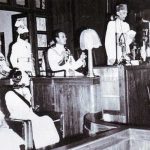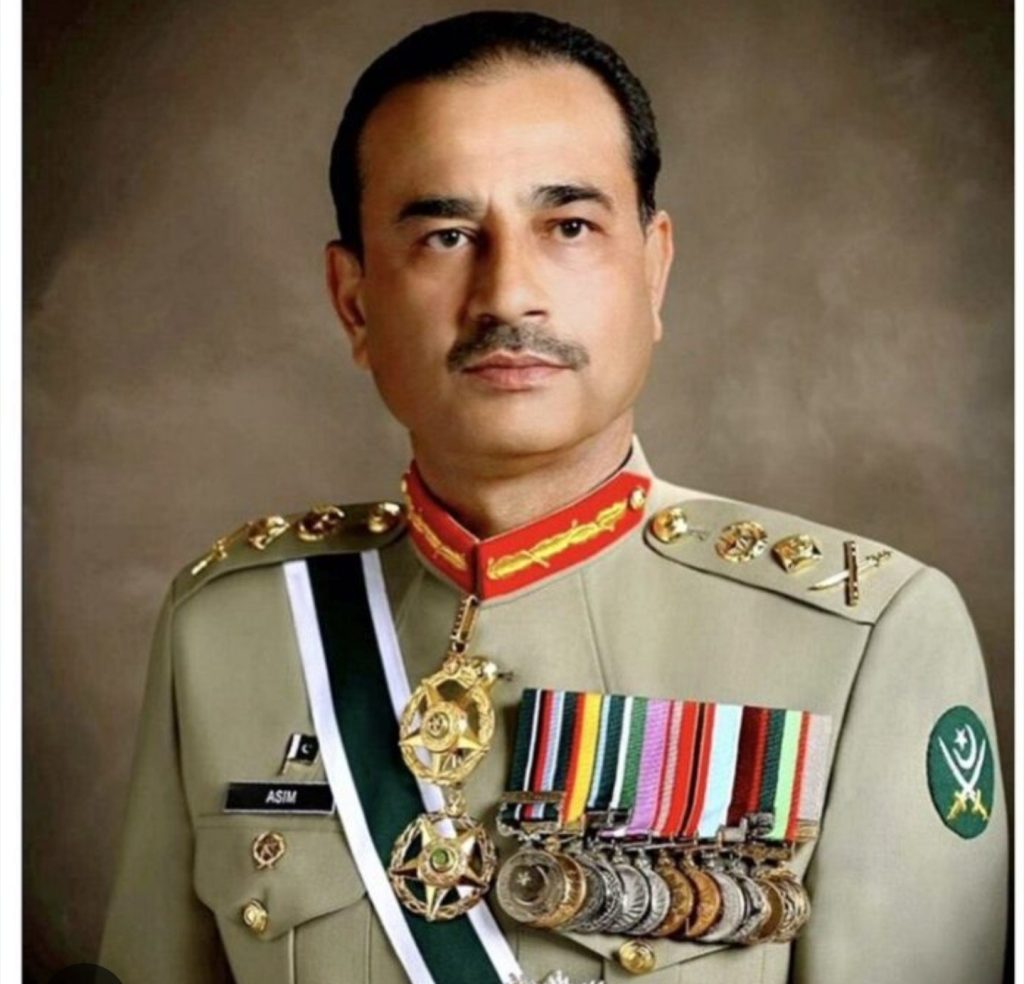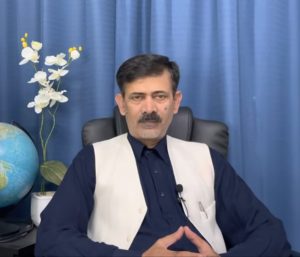A Lunch and the Echoes In Between
Trump’s words—“I’m honored to meet you”—weren’t just polite diplomacy. They landed heavier than the usual “Good to see you,” and not only because they were said in the White House Cabinet Room. The setting, the phrasing, the deliberate warmth—it all suggested a carefully crafted message, not just to General Asim Munir, but to many ears listening in Washington, Islamabad, and Delhi.
This wasn’t just a meeting. It was orchestration. A rare moment where America’s transactional style of diplomacy clinked glasses with Pakistan’s perennial quest for relevance in global corridors of power. And yet, to take this lunch as some kind of foreign policy breakthrough would be premature. What we saw was symbolism—intentionally loud, quietly ambiguous.
From Pakistan’s lens, the moment offered relief. After years of shifting priorities in Washington, the red carpet was back. That too, for a military chief, without any civilian leaders in sight. To many in Pakistan’s establishment, it looked like a nod of recognition—and perhaps even a soft rehabilitation of sorts, in the eyes of a superpower that has long alternated between using and blaming Islamabad.
Asim Munir himself is a complex figure—not someone seen universally as charismatic or visionary, but someone whose image carries a certain Islamic undertone. His public references to Quranic guidance and emphasis on moral clarity have created a specific brand: not quite populist, but grounded in a kind of institutional conservatism. For the Americans, that may not matter much. But in Pakistan, it shapes how he’s perceived—by supporters and critics alike.
Trump’s line—“They know Iran better than most”—wasn’t flattery. It was function. A way to position Pakistan as a useful bridge, or at least a listening post, between warring tensions in the Middle East. It helps Washington to have someone who can play both sides quietly, especially when the region is on fire.
But India saw something else. Something uncomfortable. The visual of a U.S. president hosting Pakistan’s military chief—while praising him for choosing peace—felt, to Delhi, like a narrative theft. After all, the ceasefire Trump referenced wasn’t American-brokered. It came through direct military channels between India and Pakistan. For Delhi, the real discomfort wasn’t about the meeting itself, but about the credit being redistributed in ways that undermined its own agency.
This is where the usual double standards surface. The United States, while claiming to value democracy and civilian supremacy, routinely courts military figures when it’s convenient—especially when those figures are seen as holding real levers of power. Israel, meanwhile, continues its campaign of destruction in Gaza, supported diplomatically and militarily by the same U.S. system that urges Pakistan and India to show restraint. Peace is praised when it serves their strategic calculus. War is tolerated—funded even—when their allies wage it.
Still, I’m not here to reach conclusions. I don’t think that’s the point of moments like this. What I do know is that this meeting matters—not because it resolved anything, but because it revealed many things. It showed who America is willing to engage, and under what circumstances. It showed how Pakistan, despite its many internal crises, still has capital on the international stage—especially in military uniform. It showed how India reacts when it senses that familiar Cold War triangle shifting, even slightly.
There’s something ironic, even poetic, in the fact that a meeting framed around peace took place amidst one of the bloodiest years in the Middle East. That the same Trump who promised to “thank” Munir for restraint, once threatened to bomb Iranian sites. That in this age of brutal certainties, a lunch can still carry such speculative weight.
Maybe nothing changes. Maybe everything already did. For now, the cameras are off, and we’re left with the echo. A pause. A gesture. An honor extended—and all the silent calculations it contains.
علمی، ادبی، مذہبی، سیاسی اور سماجی موضوعات











متعلقہ
ایمان مزاری نہیں مزار ہے یعنی گورننس کی قبر ہے، طاہر احمد بھٹی
غزل ، از ، مدبر آسان قائل، جرمنی
What are Ahmadis in Pakistan, legally? By; Mona Farooq